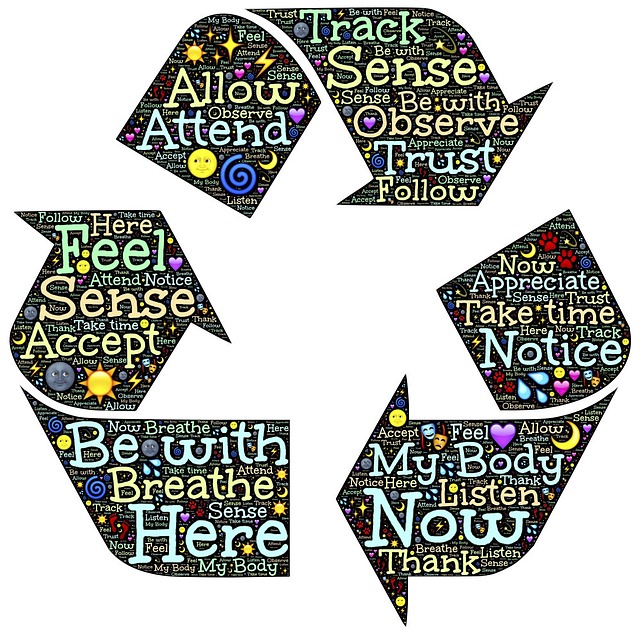Shamash Alidina, in a very recent article on mindful.org, offered multiple ways to be more mindful at work. I want to discuss one approach which entails short mindfulness exercises and expand on what Shamash has written.
Using short mindfulness exercises
In the work environment today, everyone tends to be time-poor and under pressure – conditions that can be improved through mindfulness practice. However, with limited time available, it is important to keep workplace mindfulness practice restricted to short exercises as illustrated below:
Shaping intention – after a brief grounding process, you can focus on what intention you plan to bring to a meeting or interaction with another person. Clarity around intention can shape positive behaviour even in situations that are potentially stressful.
Checking in on your bodily tension: you can get in touch with your breathing and any bodily tension and release the latter after being grounded. Tension builds in our muscles often outside our conscious awareness. Releasing the tension progressively throughout the day can prevent the bodily tension from building up and help to avoid an overreaction to a negative trigger.
Self-regulation – we previously discussed the SBNRR process to identify feelings and bodily manifestations, to reflect on patterns in behavioural response and to use the gap between stimulus and response to develop an appropriate way to respond in a situation that acts as a negative trigger.
Mindful breathing – stopping to get in touch with your breathing particularly if you are feeling stressed or overwhelmed by a situation. You don’t have to control your breathing just notice it and rest in the space between in-breath and out-breath.
Self-forgiveness – we can forgive ourselves and others for the ways in which we hurt them, or they hurt us. Self-forgiveness requires us to ignore the myths that surround forgiving yourself and to release the burden of our past words and actions that were inappropriate. Forgiveness of others can be expressed internally and/or externally in words and action.
Gratitude – it is so easy to express gratitude or appreciation whether internally and/or externally. There are so many things to be grateful for, even when circumstances seem to weigh against us. Gratitude also has been shown to promote positive mental health and happiness.
Compassion for others – when we observe someone experiencing some misfortune or distressing situation, we can internally express compassion towards them, wishing them wellness, resilience and happiness.
As we grow in mindfulness through mindfulness meditation and reflection, we can develop ways to practice short mindfulness exercises in our daily work. We will see many opportunities throughout the day to be more mindful and present to ourselves and others. We will also learn to be more self-aware and aware of others. In the process, we can develop better self-management techniques.
By Ron Passfield – Copyright (Creative Commons license, Attribution–Non Commercial–No Derivatives)
Image source: courtesy of johnhain on Pixabay
Disclosure: If you purchase a product through this site, I may earn a commission which will help to pay for the site, the associated Meetup group and the resources to support the blog.
